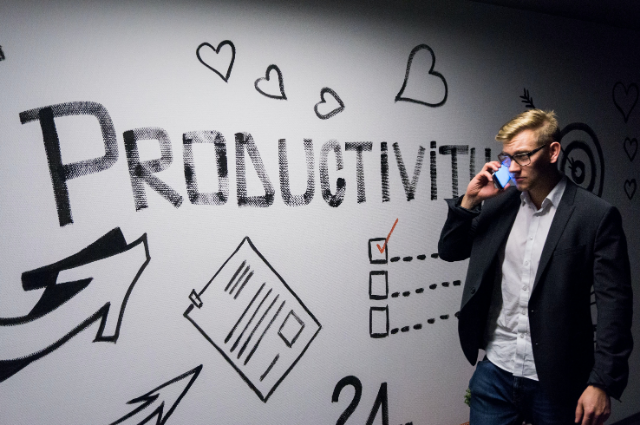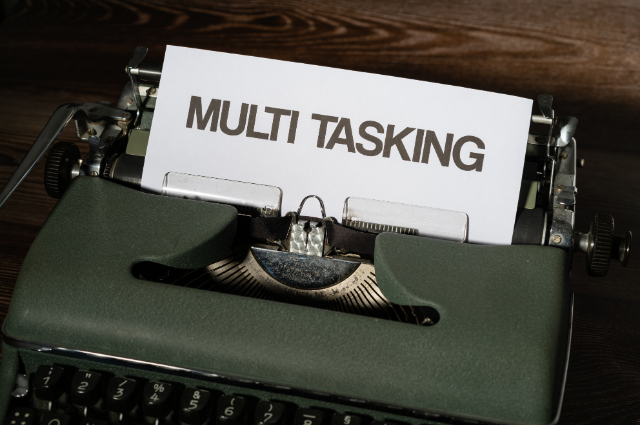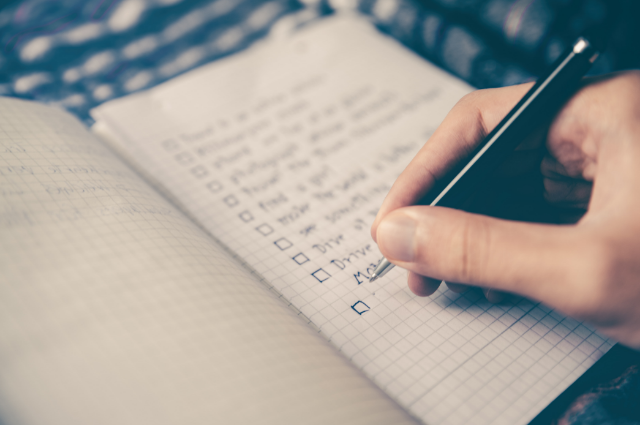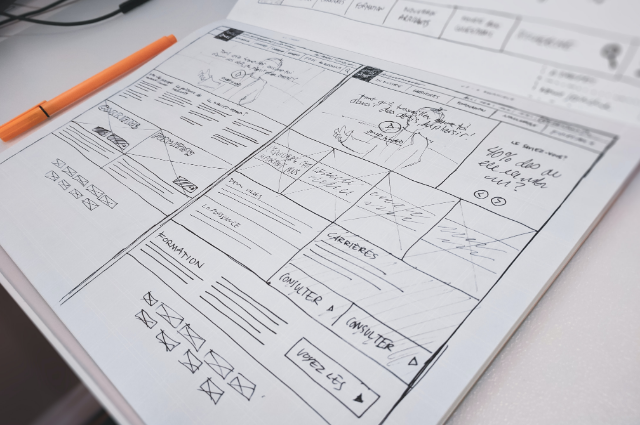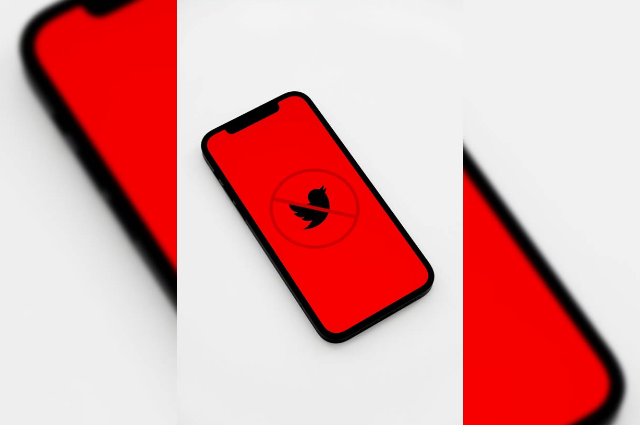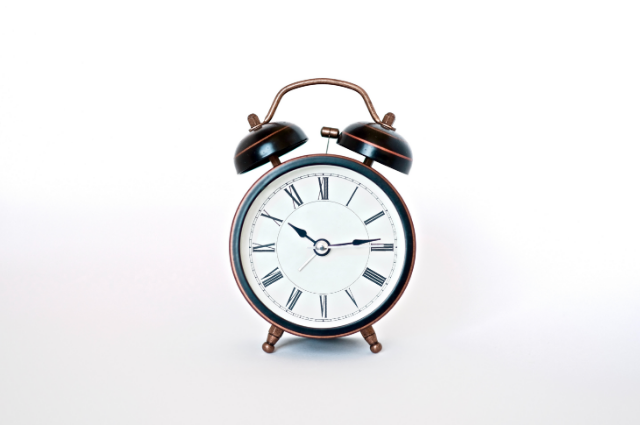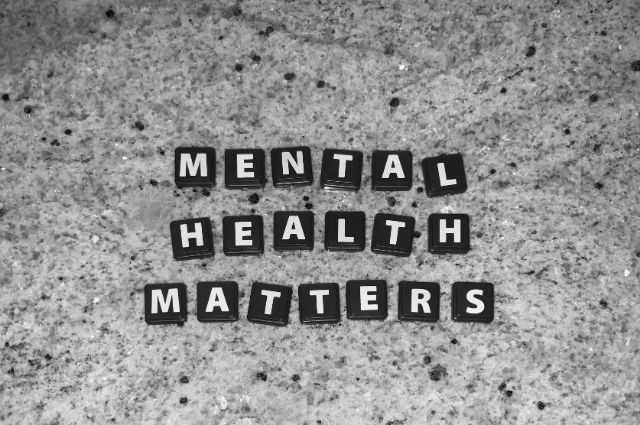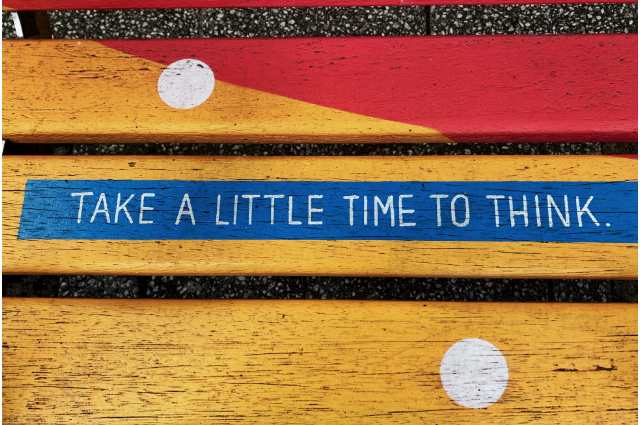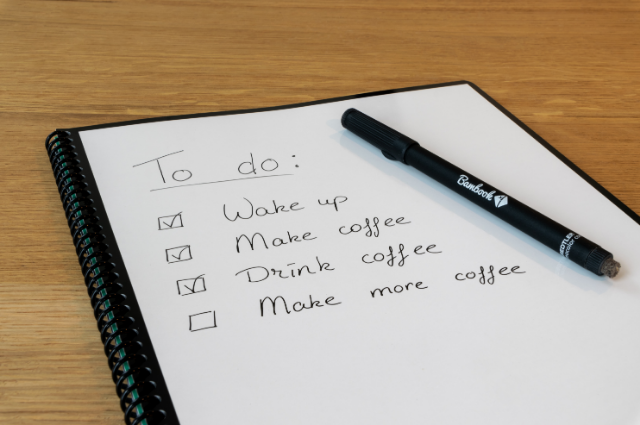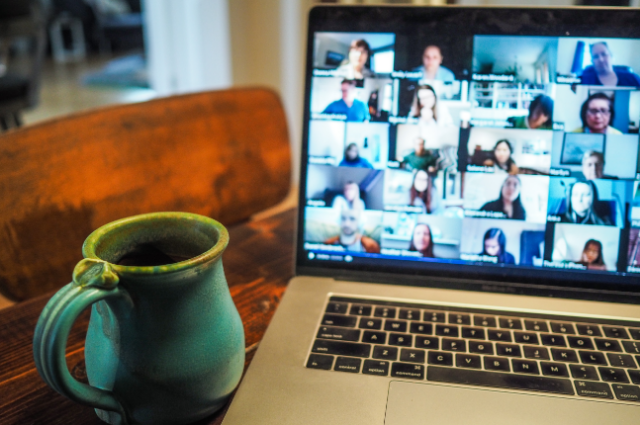Introduction
“Productivity isn’t about being a workhorse. Keeping busy or burning the midnight oil… It’s more about priorities, planning, and fiercely protecting your time.” – Gary Keller
Do you frequently notice that your workday is getting out of hand? You have a ton of things you want to accomplish each day when you wake up, but before long you find yourself getting side tracked, concentrating on low-importance chores, or just delaying. What steps can you take to reclaim your power over time? One-size-fits-all lists of productivity tips don't work; instead, we'll present productivity strategies that you may customize to meet your temperament and functioning method.
The modern business environment desperately needs more productivity. Productivity awareness needs to be encouraged in the nation to make the best use of the existing resources of people, equipment, materials, investment, and power to lower production costs and effectively compete with domestic and international rivals. All people would benefit from higher productivity because it would raise everyone's level of life. This implies that everybody with a meaningful job should participate in higher productivity to raise their living and create a strong country. The following passage from India's first five-year plan emphasized the importance of productivity as a national movement. “For democratic planning to succeed, it will have to energies the entire community and to place before it a goal of endeavor which call forth its latent creative energies.”
There are numerous strategies for achieving success in life, but the one that is most effective for you may focus on your definition of success. The professional objectives and achievements will come first if you define achievement as performing well at work or earning a large income.
While it can be one part of the puzzle, successful work leaves out several crucial aspects of life. Family, relationships, scholars, and sports are just a few situations where individuals may aspire for accomplishment. Although everyone's idea of success is different, many people consider it to be content, joyful, safe, positive, and enjoyable.
Daily habits and strategies that one can use for leading a successful life
Clear your head
Doesn't that sound counterproductive? When one may have so much to memorize, then clearing thoughts can feel like one is not asking for a memory lapse. Rather, this provides one a fresh start so that might not still consider the assignments from last week. Concentrate only on what needs to be done right away today after clearing your mind. Later in the week, tasks that need to be completed can wait.
While juggling projects or jobs may finally allow you to complete your work, concentrating on one at a time might make you more efficient. When we focus on multiple things at once, we frequently spend more time just switching between them. As a result, some of the jobs may not get finished or may not get done as well as they might have if each work had been the only emphasis.
Do not multitask
Until you can enhance efficiency, you must put an end to multitasking. This is one of those ingrained behaviors of time-pressed persons who are hungry to multitask or flip between things to save time. Unfortunately, multitasking is a false sense of productivity that takes more time than it saves. Even worse, research has shown that multitasking has a variety of detrimental effects on the human mind.
Create an easy to-do list
Remaining productive requires creating a to-do list. Various approaches are effective for multiple individuals: Some people utilize smartphone apps, while others choose journaling by hand. Whatever method you use to construct and manage the to-do list, make sure it is brief, practical, and adaptable. Don't overshadow yourself with a lengthy list; doing so can exacerbate feelings of tiredness and anxiety. Instead, only include the duties that can be completed that day.
According to productivity expert and author of The Poetic Path to Getting More Done Mark Ellwood, "A to-do list is fantastic because it deals with past, present, and future." Consider the increased chores; this doesn't imply you should do them first; rather, it means you should plan for them first and then set out time for them. Identifying priorities that have an impact on long-term outcomes is what Ellwood advises doing if you're searching for a straightforward method to organize your to-do lists. Divide those priorities into tasks that need to be finished right away. Include any additional demands for the day, like completing expense reports. Other tasks shouldn't take up your time, so eliminate them or assign them to someone else. Ellwood advises prioritizing what you want to do a month from now and then breaking those goals down into manageable actions that can be completed in a single day. For instance, you can start the hiring process now if you need to add a new employee to your team by the end of the month.
Recruiting a new hire is a big goal, but by dividing it into easy daily activities like examining a few resumes or holding an interview, you can feel like you're making progress. According to Ellwood, that sense of achievement can help fight off those debilitating periods.
Undertake and prioritize the other duties you have
Think about almost anything else you do and how crucial or unimportant each task is. The emphasis should be on the most crucial duties initially. If at all possible, put off the low-priority tasks and devise a strategy to assign or distribute them so you may focus more of your time on those that are more important to your profession and the business.
Determine when you are most effective at the workplace
When people are most successful varies from person to person. Are you a morning person or a night owl, for instance? Determine the times of day when you are most awake and focused so that you may allocate those times to your most crucial responsibilities. If you can choose your routine because you work away from home, this strategy is very helpful. If you are unable to plan your day between your most efficient working hours, think about setting your responsibilities in your present timetable according to the times of day you feel the most attentive. The concentration levels typically last 90 to 120 minutes.
Make a list of your daily objectives
Jotting down your daily objectives in the morning will help you stay organized as remembering whatever you must do is sometimes not simple. You could use a checklist to keep things on target if your concentration is off or you feel yourselves delayed. Whenever you require a wake-up call of what you should continue to work on, it is advised to post your list down on a Comment or another item that is noticeable from the workstation. Then you can refer to it.
Stop using social media
All of us use social media in our everyday lives. One must, however, possess the self-control to refrain from spending a significant portion of your day checking Facebook to see what your buddies had for meals the previous evening or what they thought of the newest movie. Due to the productivity cost of using social media while at work, several businesses prohibit it. If you are permitted to use social media at work, take a short break from it; otherwise, it might easily take over your day and interfere with the work you have to get completed.
Change in Different places
Fortunately, remote and flexible working options are now frequently available to employees. Take some time during the day to work somewhere new, if your job permits it. This flexibility over your job schedule can be really helpful for taking care of your requirements. Working from home makes it simpler to juggle a variety of responsibilities, such as dropping off children at school, running errands, taking an online fitness class in the morning, and more. One of the many advantages of telecommuting is having access to a wider range of employment options that are not location-based. Job seekers in rural and small-town areas, where there may not be many openings locally, may find this to be very beneficial. Pre-pandemic, totally remote employees could travel and live as creative professionals while maintaining a fulfilling career because they had no fixed place of employment. As borders start to open up, a full wanderer existence is now on hold, but it's still a distinct benefit.
Put the "two-minute rule" into action
Fill those brief intervals with useful activities and make the most out of your work time. So according to businessman Steve Olenski, finding jobs that can be finished in two minutes or less truly saves a lot of time. So, if it will only take a few seconds, finish it right away. The two-minute rule also has the benefit that any behavior or objective can be established in less than two minutes. This doesn't necessarily imply that you'll be capable of completing every activity in that time, but setting ambitious targets is the first step towards achieving them! Don't be too hard on yourself if certain days aren't entirely productive. Instead, redirect your efforts and use these suggestions. You'll be surprised at just how much users can do both inside and outside of the workplace once you locate the happy medium that resonates for you.
Avoid Procrastination
To increase your chances of success in the long term, establish realistic objectives. The accomplishment of one deadline will inspire confidence for the upcoming deadlines. Do all your work there if you have a room in your home that can serve as a specialized home office, and keep distraction devices like television sets and smartphones out of the space. If your home isn't equipped with one, try working in a peaceful local cafe or your neighborhood library. Make use of the Pomodoro Technique. The Pomodoro Technique is a personal management model that encourages you with regular pauses and divides activities into manageable portions. It was created by Italian-born consultant Francesco Cirillo, who now resides in Berlin. The Italian word for tomato is "Pomodoro," and Cirillo called his method after the tomato timer he used to keep track of his periods of activity and rest times.
Pretend that you’re on an airplane and you can make very limited calls and have some restrictions
To enjoy some calmness, it might not be practical to lock everyone away from your office, but you can remove certain distractions. You can act like you have restricted internet access, can't reach things on your bookshelf, and can only make a limited number of phone calls by believing you're on an airplane. By getting rid of these distractions, you'll be able to concentrate on and complete your most crucial duties uninterrupted. This technique will assist you in overcoming distractions if you discover it difficult to concentrate and are constantly distracted.
Take care of mental health because work shouldn't take a toll on your health
Individuals who have serious medical conditions like depression or obsessive-compulsive disorder (OCD) may also struggle with persistent procrastination. The greatest method to handle these situations and get you back to a state of optimistic outlook and efficiency is to visit a health specialist. If you've extended your hours but seen little to no improvement, your productivity is undoubtedly suffering from the long hours. According to a study from Stanford, those who put in 70 hours a week didn't accomplish any more than those who put in 56 hours. Workplace stress can unleash the cardiac hormone cortisol, which you might not even be aware of. Your chances of a stroke, coronary artery disease, type 2 diabetes, and even cancer can rise as a result.
Exercise to improve physical and mental health
People that routinely exercise frequently do so solely out of self-motivation. Exercise can improve your temperament, focus, and awareness. You might even benefit from having a more optimistic attitude in life. Exercise and psychological health are intricately related. For instance, mental disease can be both a factor and a result of sedentary behavior. However, there is a wide range of ways that exercising can enhance your mental well-being, including when you exercise, your brain's levels of neurotransmitters like serotonin, stress hormones, and endorphins completely change.
You can have better sleep if you exercise frequently. Getting enough sleep aids in mood management. Your sense of control, coping skills, and self-esteem can all be improved via exercise. Regular exercisers frequently talk about how amazing it feels to accomplish a goal. Exercise can help you block out bad thoughts and give you the chance to try new things. If you exercise with others, it provides a chance to socialize and receive social support. Your energy levels rise as you exercise. Your anger might be released through physical activity. You can feel more at ease by exercising because it helps to relax your skeletal muscles. Exercise has numerous physical advantages, which are crucial for those with mental illnesses. Your entire physical fitness and cardiovascular health are enhanced. This is crucial because people who struggle with mental illness are more likely to develop chronic physical problems including heart disease, diabetes, arthritis, and asthma.
Discover Meaning in Your Productivity
Always have a goal in mind. Being productive is essential for happiness. But don't mix being occupied with being effective. Adding additional things to do each day might make your life more stressful and frustrating, making you miserable. To be productive is performing a task with a reason as opposed to being engaged, which involves doing a variety of activities. Never settle with doing better; always seek to achieve something. Finding your hobbies and pursuing your objectives are the only ways to find true pleasure. Finding your hobbies and pursuing your goals are the only ways to find true pleasure. What do you truly desire from life? Do you desire to live a prosperous life? Once you realize that, you'll have the drive necessary to turn your aspirations become a real thing.
Sort Out Your Tasks
Organizing your chores into categories is a best practice regardless of whether you use a to-do list or a calendar tool. I divide my list into two categories: urgent and important but not urgent. Plan your day around the things that must be completed first. Putting certain chores lower on your list of priorities will likely cause them to eventually slip into the irrelevant category. Your objective is to eliminate all "time wasters" from your day. It can be challenging to recognize these at first, but as you categorize more, you'll become more adept at determining what is and isn't crucial. You're preparing yourself for failure if you plan just so many activities for the day knowing that you won't complete them all.
When writing your assignments, use formal language or shorthand. You may add priority ratings, stars, tags, and other information to numerous apps to help critical tasks stand out. If it helps, color scheme your activities. Use symbols that provide further details about the work, including whether a telephone conversation is necessary or whether it has to do with healthcare. You ought to be able to gather a lot of knowledge as to what needs fixing no matter how rapidly you scan your to-do list.
Limit yourself to fewer meetings
As part of staying in touch, working from home necessarily involves a fresh wave of Zoom meetings daily. However, one should be aware that having too many poorly managed appointments on your calendar can have a detrimental effect on productivity. It is advised to keep meetings to 30 to 45 minutes to maintain concentration on the work at hand. Also, be careful about accepting invitations. "It's appropriate to question the organizer if it's necessary for you to participate in the meeting if your function in it is unclear or if you don't have an active involvement in it." Do you feel like you're being invited to meetings all the time? On your calendar, schedule some of your busiest periods first.
Conclusion
As in the great sayings of late Lal Bahadur Shastri Ji, “Higher productivity means more efficient use of all types of resources in employment, using them to produce as many goods and services as possible of the kind and quality most wanted by customers, at lower and lower costs. It is in essence, a multipronged, mass attack on waste on the one hand and optimum use of all instruments and tools of production on the other”. One must plan their time carefully if a person wants to accomplish their objectives. Individuals only have 1,440 minutes each day, so keep that in mind. Don't just hand them over. The traditional definition of productivity is the capability to accomplish a lot in a limited amount of time. It is accurate, but not entirely. The capability to produce strong solutions quickly defines true efficiency. Instead of doing busy labor that has no long-term value, focus on important performance. Some of the finest successful individuals are still only humans, even if they have previously conquered some of these tendencies. Keep pursuing anything when it benefits you. Drop it and try something else if it doesn't. Don't be deterred by the fact that productivity is an ongoing experiment.
References
- https://papers.ssrn.com
- https://www.nytimes.com
- https://www.businessnewsdaily.com
- https://www.oprahdaily.com
- https://www.briantracy.com
- https://www.calendar.com
- https://meratas.com
- https://fs.blog
- https://www.masterclass.com
- https://www.goodreads.com

